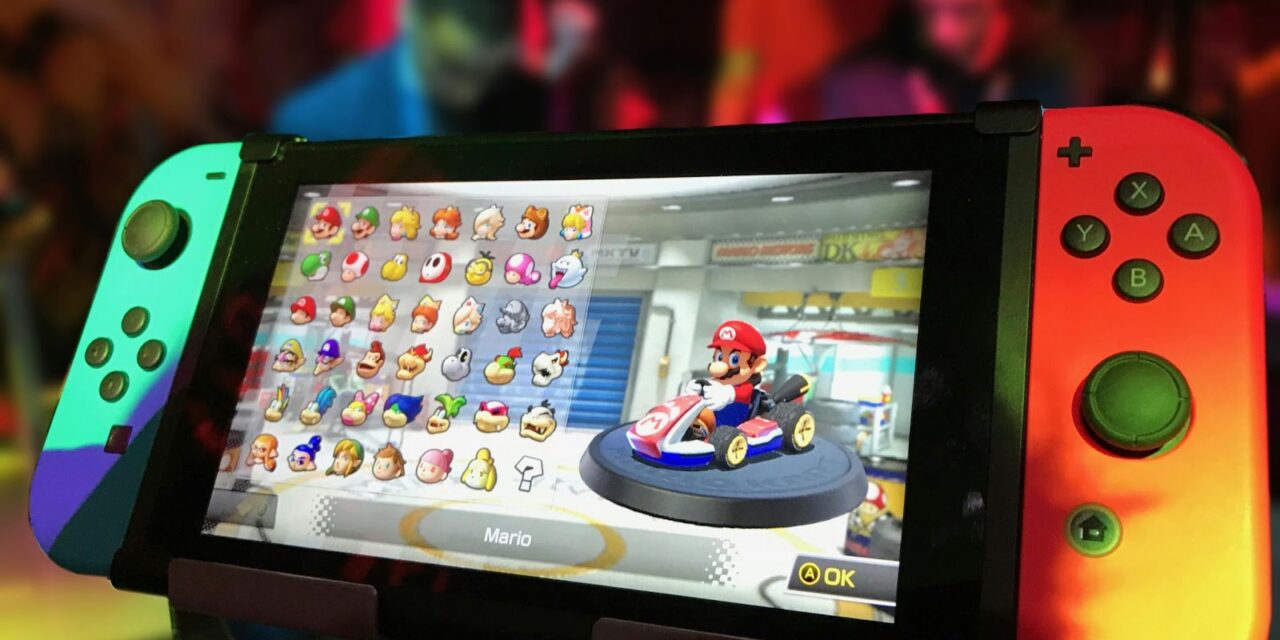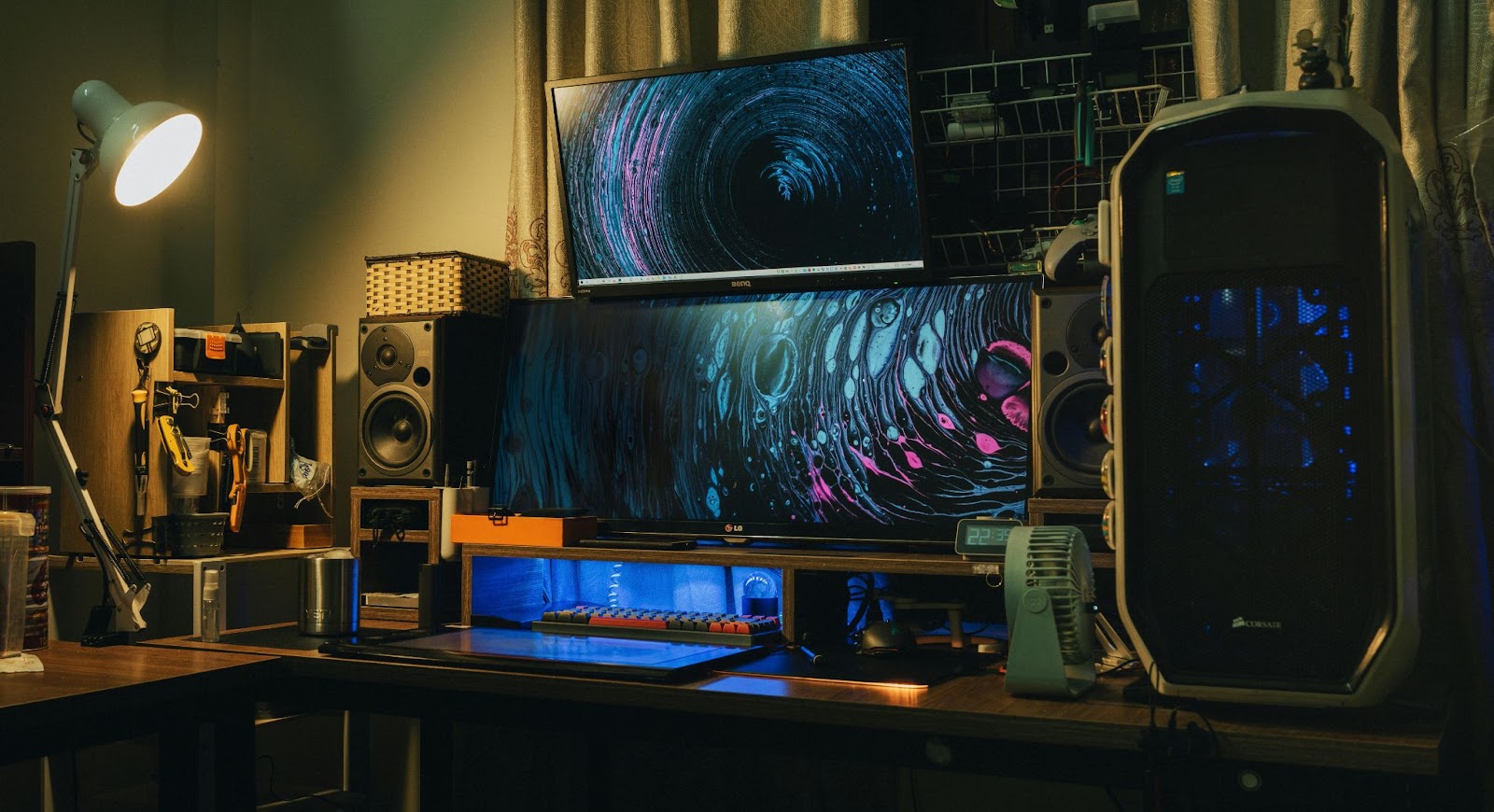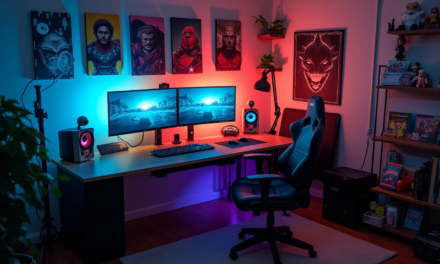
Maximizing Workplace Accountability in the Gaming Sector with Computer Monitoring

Workplace accountability’s a big deal in the gaming world. Building games takes razor-sharp precision and deadlines that don’t budge. Monitoring tools are the secret weapon studios use to keep things humming—boosting efficiency and locking down security.
The Role of PC System Monitoring Software
Game development’s a marathon—hours of coding, designing, and testing piled up high. Slip up on timing anywhere, and the whole release calendar’s toast. PC system monitoring software steps in to keep tabs on work progress and how resources are holding up. It’s giving managers a live peek into what everyone’s up to. They can spot who’s on track and nudge things along if needed. Plus, it keeps folks from goofing off with company gear. With solid tracking, teams stay locked on project goals. Developers sharpen their focus knowing the system’s watching. It’s a tidy way to keep discipline tight and performance on point.
Enhancing Productivity in Development Teams
Devs live in a whirlwind—juggling hefty codebases, squashing bugs, tweaking performance. Monitoring software clocks how long tasks take and spots where the workflow’s dragging. Managers lean on that info to make smart calls—shifting resources where the heat’s on. It keeps teams zeroed in on hitting project milestones. Deadlines for game features don’t slip when performance tracking’s in play. Developers get a window into their own habits too—analytics nudge them to manage time better. Productivity jumps when teams get clear, structured feedback to work with.
Preventing Security Breaches
Game studios are guarding some serious treasure—think intellectual property, game assets, hush-hush details. One wrong move with access, and projects are at risk. Monitoring tools catch weird activity fast—tracking data moves and who’s poking where. Companies slam the brakes on leaks by locking down shady file shares. Tight monitoring makes sure security rules stick. Devs toe the cybersecurity line when they know eyes are on. Keeping data safe’s a top gig in game-making—secure workflows shield creative gold from getting snatched. Steady monitoring knocks internal threats down a peg.
Reducing Downtime and Technical Issues
Gaming outfits lean hard on top-tier machines—when they crash, schedules tank. Monitoring software’s your early heads-up, sniffing out hardware hiccups before they blow up. It’s watching CPU loads, memory use, disk health—pinging IT if something’s off. A little preventative tinkering cuts downtime dead. Smooth sailing keeps dev timelines on track—no tech hiccups gumming up the works. Developers stay in the zone with stable rigs. Monitoring makes sure juice goes where it’s needed for heavy tasks. Catching trouble early keeps big disruptions off the table.
Managing Remote and Hybrid Teams
Remote work’s a staple in gaming—studios snag talent from all over the globe for niche roles. Coordinating that spread-out crew’s no picnic, though. Monitoring tools track remote hours, keeping an eye on productivity. Managers double-check tasks line up with deadlines. The data pulls scattered teams together—virtual collab gets a boost from solid tracking. Remote devs stay accountable with monitored flows. Project management hums when updates roll in real-time. Communication’s sharper when everyone’s on a clear schedule.
Ensuring Compliance with Industry Standards
The gaming biz has rules to play by—strict ones. Devs have to stick to industry regs, no exceptions. Monitoring software keeps compliance in check, making sure folks follow security and data policies. Companies dodge legal hot water with tight records. It builds cred with partners and clients too. Privacy rules aren’t optional—monitoring keeps ethics front and center. Sticking to the straight and narrow protects against violations. Studios keep their rep clean with steady accountability.
Improving Workplace Transparency
Monitoring clears the air in game studios. Devs know what’s expected—feedback ties straight to their work patterns. Clear rules cut down on squabbles. Accountability lifts spirits across the team. A see-through setup strengthens the vibe at work—everyone knows their lane. Trust builds when goals and results line up for all to see. Fair reviews come easier with tracked habits. Devs feel seen when productivity chats are backed by real numbers.

Conclusion
Computer monitoring tools crank up workplace accountability big time. They juice productivity, lock down security, keep compliance tight. Game studios thrive with live tracking—workflows stay slick, risks drop, tech holds steady. Remote crews sync up better, and transparency builds a solid culture. The gaming world runs smoother with accountability locked in—teams hit their stride when the bar’s clear. Monitoring keeps development honest and on point. A tight system like that’s how projects land on time—and how the industry keeps its edge.

























